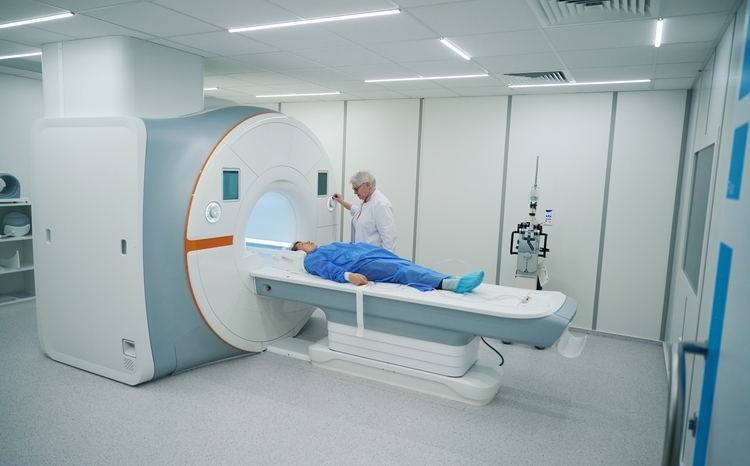Accenture signs with Agfa for PACS
- 7 September 2005
Accenture, the local service provider for the NHS National Programme for IT in the North East and East of England, has signed a sub-contract with Agfa to provide Picture Archiving and Communications Systems (PACS) to the NHS across the two regions.
Connecting for Health has awarded Accenture a contract worth £235 million over nine years to June 2013, to deliver PACS and Radiology Information Systems (RIS). Accenture has awarded sub-contracts to Agfa and HSS to deliver PACS and RIS technology respectively. No details of the value of sub-contracts or of planned implementation schedules were made available.
The DH has previously said that every hospital in England will have PACS by March 2007 with 80% to have the system in place by the end of 2006. PACS is a core solution that all trusts are obligated to take under the NHS National Programme for IT.
Three earlier contracts for delivering PACS technology were awarded in May and November 2004, with Philips chosen for London, GE in the South of England and Kodak and ComMedica chosen for the North West and West Midlands.
In May 2004 that Accenture with GE had been selected to have the ‘right’, ‘subject to contract’, to supply PACS for the Southern, Eastern and North East regions of England; BT with Philips were chosen for London; Fujitsu with GE for the South; and CSC with Kodak and ComMedica for the North West and West Midlands.
But since the May 2004 announcement there have been significant changes in the line-up of PACS sub-contractors with GE disappearing from the picture in the North East and Eastern regions and Agfa emerging.
In August 2004 NPfIT said: “Subject to contract between the national programme and key suppliers, PACS in the North East and eastern clusters will be delivered through collaboration between Accenture, BT and Agfa. The precise commercial arrangements are being finalised, therefore, no further comment can be made at this stage.”
BT’s involvement in the delivery of PACS to the Accenture clusters subsequently ended. However, award of a contract though the award of contracts was delayed by a judicial challenge to the procurement process mounted by Fuji which was rejected in the High Court in March.
PACS brings great benefits to both patients and the clinicians treating them, and cost and efficiency savings by eliminating wet film, reducing the time waiting for images to become available, and speeding diagnosis. The technology allows images to be viewed from multiple sites 24 hours a day. Lost diagnostic images should become a thing of the past.
Some 25 NHS trusts had already invested in PACS before the advent of NPfIT. Three further NHS trusts in London and the South of England have so far begun implementing PACS under the NHS IT programme: Hillingdon Hospital NHS Trust, West Dorset Hospitals NHS Trust and Salisbury Health Care NHS Trust.
Dr Robin Kantor, consultant radiologist at the Hillingdon and Mount Vernon Hospitals Trust in greater London, said of the trust’s new PACS system: "One of the greatest benefits of PACS for us as clinicians is that we are now able to instantly access images from either site, regardless of where we are."
Richard Granger, director general of NHS IT, added: “Today we have completed the contractual jigsaw and I look forward to driving implementation so that PACS becomes ubiquitous in English hospitals and the benefits are made real.”




